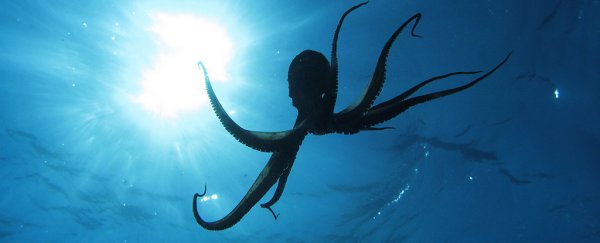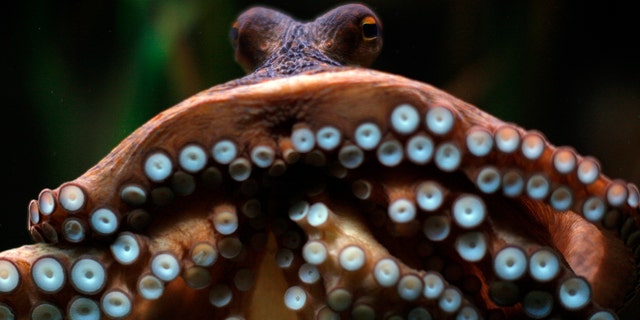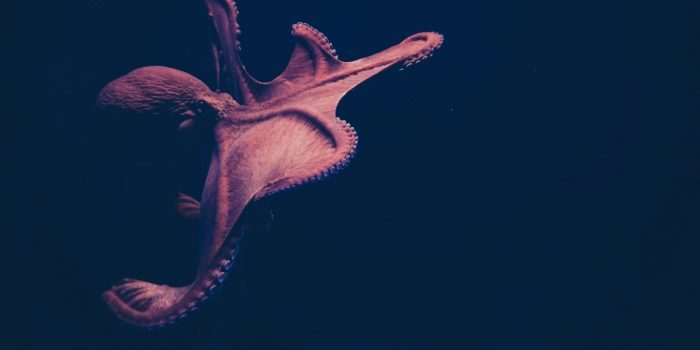A paper has been published that proposed a very unconventional idea. There were 33 names under the heading of authors, and it was published by Progress in Biophysics and Molecular Biology back in August 2018. The journal is peer-reviewed and quite well cited.
Science writer Stephen Fleischfresser adds to the works of Edward Steele and Chandra Wickramasinghe.
Steele is an immunologist who has a fringe reputation for his views on evolution that relies on acquiring gene changes determined by the influence of the environment rather than random mutations, in what he calls meta-Lamarckism.
Wickramasinghe, on the contrary, is known for confirming Sir Fred Hoyle’s hypothesis that describes the production of complex carbon molecules on interstellar dust.
The Hoyle Wickramasinghe (H-W) thesis of Cometary (Cosmic) Biology makes the claim that the direction of evolution has been massively affected by biochemistry that didn’t begin on earth.
Wickramsinghe stated that “Comets are the carriers and distributors of life in the cosmos, and life on Earth arose and developed as a result of cometary inputs.”
Those inputs, Wickramasinghe argued, aren’t limited to a generous sprinkling of space-baked amino acids, either.
In fact, they comprise viruses that insert themselves into organisms, triggering their evolution in many directions.
The report, titled “Cause of Cambrian Explosion – Terrestrial or Cosmic?” establishes that a rain of extra-terrestrial retroviruses played a major part in the diversification of life in our oceans almost half a billion years ago.

“Thus, retroviruses and other viruses hypothesized to be liberated in cometary debris trails both can potentially add new DNA sequences to terrestrial genomes and drive further mutagenic change within somatic and germline genomes,” the authors stated.
During this period, a group of mollusks called cephalopods first stretched out their tentacles from beneath their shells, branching into a stunning array of sizes and shapes in what appeared like a significantly short amount of time.
The genetics of these organisms are as peculiar as the organisms which today include octopuses, squid, and cuttlefish, are as weird as the animals themselves, due in part to their ability to edit their DNA on the go.
The authors suggest that these genetic oddities might be a sign of life from space.
Not of space viruses this time, but the arrival of whole genomes frozen in stasis before thawing out in our tepid waters.
“Thus the possibility that cryopreserved squid and/or octopus eggs, arrived in icy bolides several hundred million years ago should not be discounted,” they stated.

Keith Baverstock from the University of Eastern Finland stated that there’s a lot of evidence that plausibly aligns with the H-W thesis, as the timeline of the appearance of the viruses.
“I believe this paper justifies skepticism of the scientific value of standalone theories of the origin of life,” Baverstock said.
“The weight of plausible, but non-definitive, evidence, great though that might be, is not the point.”
Journal editor Denis Noble stated that ‘further research is needed, which is a bit of an understatement.
“As space chemistry and biology grows in importance it is appropriate for a journal devoted to the interface between physics and biology to encourage the debates,” Noble said.
“In the future, the ideas will surely become testable.”
This research was published in Progress in Biophysics and Molecular Biology.


